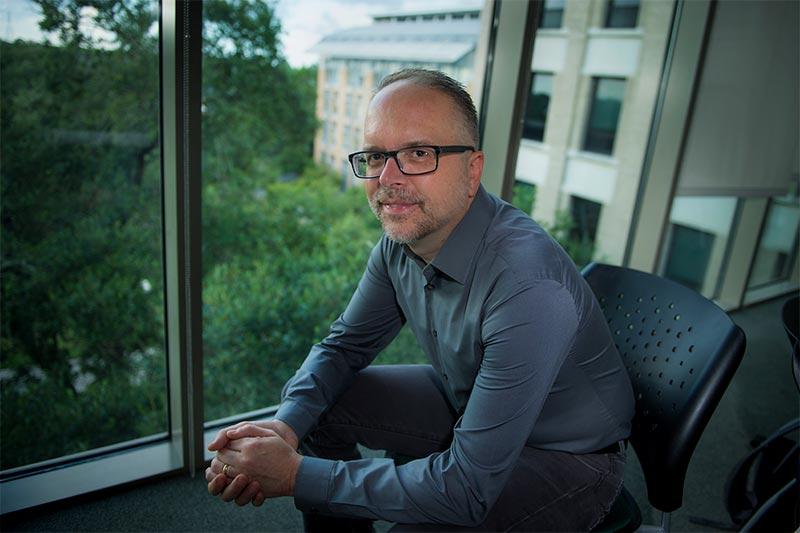Understanding the need for international research
When graduate students travel overseas to further their education through research, what is the impact of those experiences?
Specifically, why do graduate students engage in international research? How do they feel the experiences have helped them scientifically and professionally? What barriers and opportunities developed later in their careers?
Those were some of the questions that Brian S. Mitchell, a professor in the School of Science and Engineering at Tulane University, faced while serving for the past year as dean-in-residence for the Council of Graduate Schools/National Science Foundation in Washington, D.C.
“I advised on policy and research in graduate education from a university administration point of view.”
— Brian S. Mitchell, professor of chemical and biomolecular engineering at Tulane University
“I advised on policy and research in graduate education from a university administration point of view,” said Mitchell, a professor of chemical and biomolecular engineering. “My large project was to organize a workshop on evaluating international research experiences for grad students.”
As Tulane’s associate provost for graduate studies and research from 2006 to 2014, Mitchell was the ideal person to lead that charge. He assumed the dean-in-residence position Feb. 1, 2015, and is now back on campus teaching a new crop of graduate students.
He described his role in the nation’s capital as that of liaison between the graduate education community and the National Science Foundation (NSF). In addition to his work on international research experiences, he worked with Future STEM Leaders to identify opportunities to align graduate education more closely with current research and workforce needs.
As part of his work on overseas research opportunities, he organized a workshop that brought together 55 international participants to make recommendations for program administrators to use in evaluating the effectiveness of research abroad experiences.
Among other things, the group recommended that institutions track the careers of graduate students who have participated in international research, and that graduate students participate in long-term evaluation projects and share their experiences with their peers and colleagues.
“Right now we don’t know enough, because they are not evaluated to the same extent that undergraduate experiences are evaluated,” Mitchell said. “The goal is to get to that point.”

